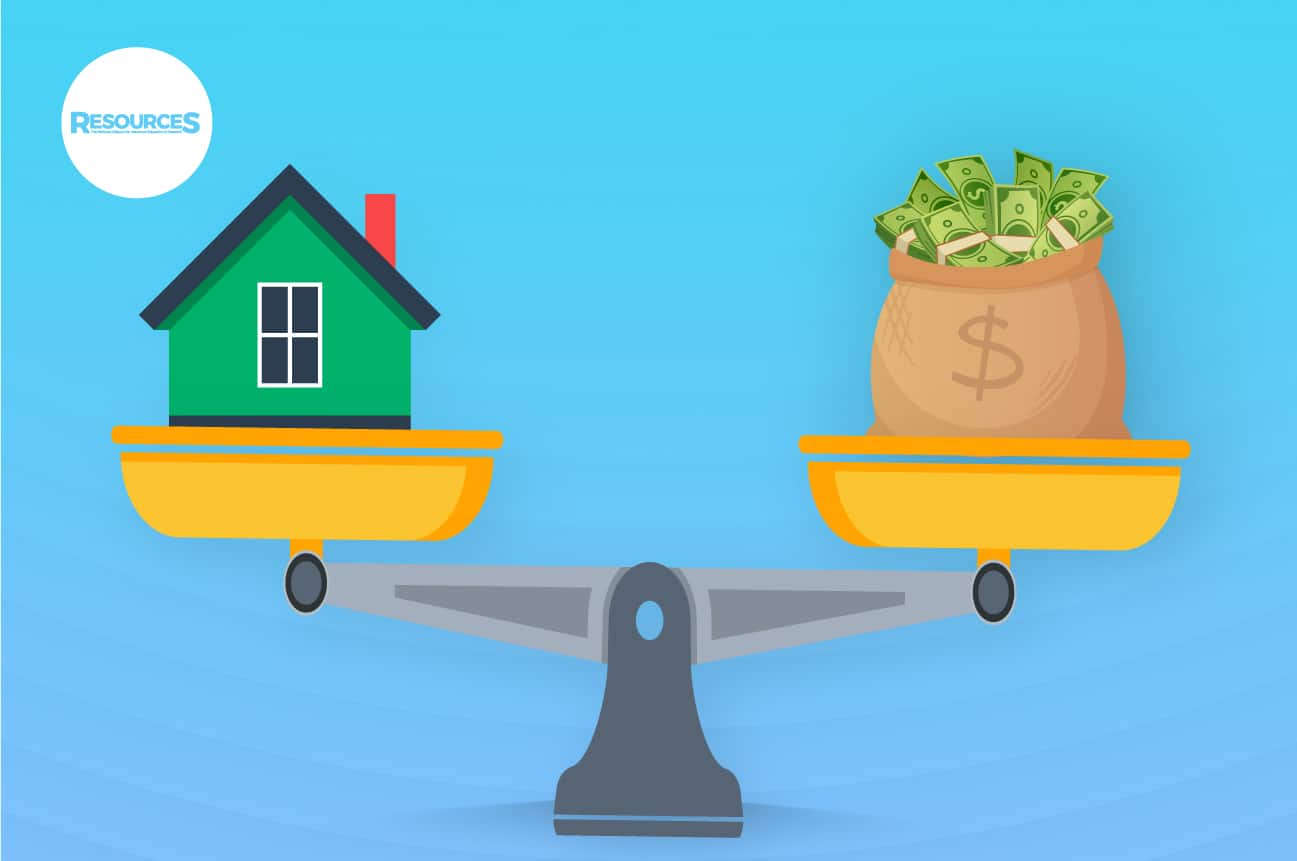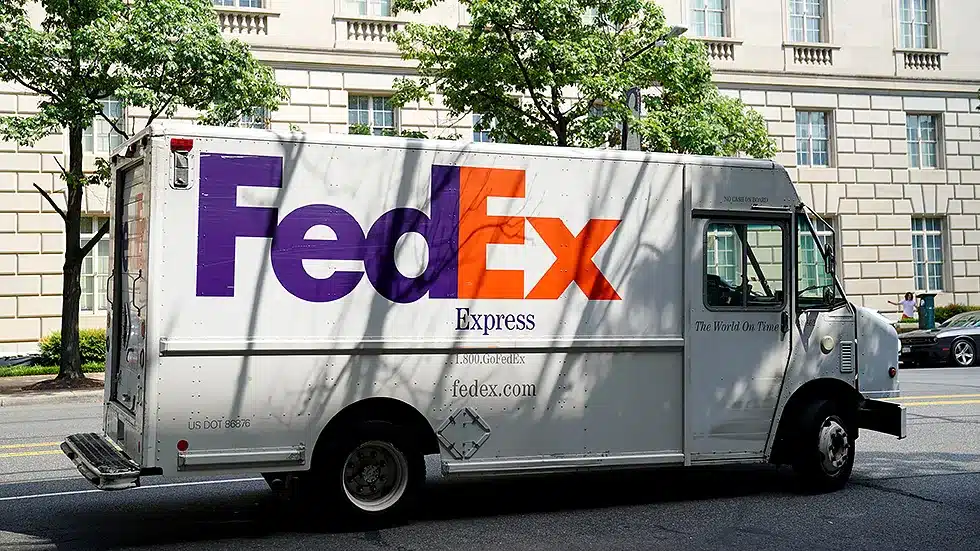
Actual Cash Value
Actual Cash Value (ACV) refers to the value of an item or property at the time of loss or damage, factoring in depreciation. In insurance claims, ACV represents the amount an insurer will pay for a damaged or totaled item, based on its current market value rather than its original purchase price. This method of valuation is often applied in car accident claims, property damage cases, and personal property insurance policies. At 770GoodLaw, we help clients understand how ACV impacts their claims and ensure they receive fair compensation for their losses.
How Actual Cash Value is Calculated
Actual Cash Value is calculated by taking the replacement cost of an item and subtracting depreciation. Depreciation accounts for the wear, age, and reduced functionality of the item, meaning that the ACV often reflects less than the original purchase price or replacement cost.
For example, if a car is involved in an accident and is deemed a total loss, the ACV would be calculated as:
- Replacement Cost: The current cost to replace the vehicle with a similar make and model.
- Depreciation: A reduction in value based on factors such as the car’s age, mileage, and condition.
If the replacement cost of the car is $20,000 but depreciation is assessed at $7,000, the Actual Cash Value of the vehicle would be $13,000. This ACV would be the amount the insurance company offers to cover the loss.
Actual Cash Value vs. Replacement Cost
Understanding the difference between Actual Cash Value and Replacement Cost is essential for policyholders, as it affects the amount they can expect to receive after a loss:
- Actual Cash Value: Reflects the item’s current market value, accounting for depreciation. This typically results in a lower payout but is common in standard auto insurance policies.
- Replacement Cost: Covers the cost to replace the item with a new one of similar type and quality, without factoring in depreciation. Replacement cost coverage generally results in a higher payout but may come with higher premiums.
Why Insurers Use Actual Cash Value
Insurers use Actual Cash Value to limit their financial exposure and align payouts with the real-world value of the item at the time of the loss. This approach benefits insurers by ensuring that payouts are based on an item’s fair market value rather than a full replacement cost, especially for items that naturally depreciate over time, such as cars and electronics.
For policyholders, understanding ACV is important because it impacts the reimbursement they receive in the event of a claim. Knowing whether a policy uses ACV or replacement cost helps clients anticipate coverage levels and make informed insurance choices.
Actual Cash Value in Car Accident Claims
In car accident claims, ACV plays a crucial role in determining compensation for totaled vehicles. If a car is considered a total loss (where repair costs exceed its ACV), the insurance payout is based on the vehicle’s Actual Cash Value. However, this payout may not be enough to purchase a new vehicle, as depreciation often results in a lower value. Policyholders may need to explore additional coverage options, such as gap insurance, to cover the difference between the ACV and the remaining loan balance if the vehicle is financed.
How 770GoodLaw Assists Clients with Actual Cash Value Disputes
At 770GoodLaw, we support clients in navigating ACV-related issues and disputes, ensuring they receive a fair valuation of their property. Our team advocates for accurate ACV calculations and negotiates with insurers to prevent undervaluation. Our approach includes:
- Reviewing Insurer Calculations: We examine how the insurance company calculated the ACV, ensuring that depreciation rates and market values are fair and accurate.
- Challenging Low Valuations: If an insurer’s ACV calculation appears undervalued, we negotiate on behalf of our clients to secure a fair payout based on the true market value of their property.
- Exploring Alternative Compensation Options: In cases where ACV coverage is insufficient, we guide clients in pursuing additional coverage or other options to minimize their financial losses.
- Providing Clarity on Policy Terms: We help clients understand how ACV applies to their specific policies, explaining terms and conditions to ensure full comprehension of coverage levels.
Importance of Legal Guidance in ACV Claims
Actual Cash Value disputes can be challenging, especially when insurers undervalue property. Legal representation ensures that clients have experienced advocates to protect their interests, negotiate for accurate valuations, and secure fair compensation. At 770GoodLaw, we bring knowledge and dedication to each ACV case, empowering clients to achieve the best possible outcome.
Why Choose 770GoodLaw for Actual Cash Value Claims
Our commitment to Relentless Reliability and Sincetegrity means that we prioritize transparency and fairness in every ACV case. At 770GoodLaw, we work to ensure clients understand their rights and options, offering comprehensive support for navigating ACV claims and securing the compensation they deserve.






